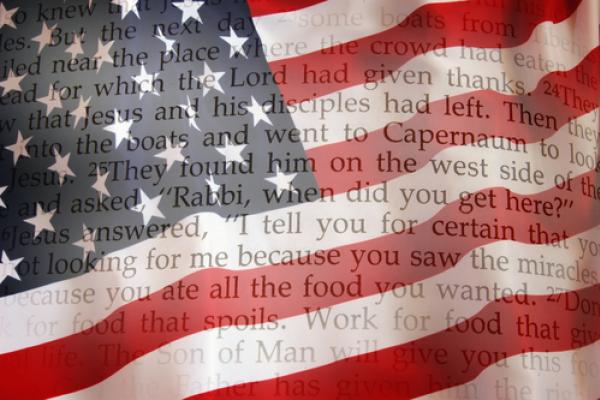Both religion and politics are concerned with how we should organize societies. Yet the tendency for Christians has often been to begin with the politics and work backwards to find religious rationale for our political beliefs. As a result, most people read the Bible not to challenge our deeply held beliefs, but to affirm the decisions we've already made with our lives.
If you tend toward the political right you might say the chief political concern of the Scriptures has as much to do with smaller government, lower taxes, individual freedoms and gun rights as any explicit Christian concept.
If you tend toward the political left you might believe the chief political concern of the Scriptures has more to do with reproductive rights, religious pluralism, big government and labor unions.
Too often the ideologies of the secular right or the political left have been allowed set the terms for religious Christians.
Read the Full Article

